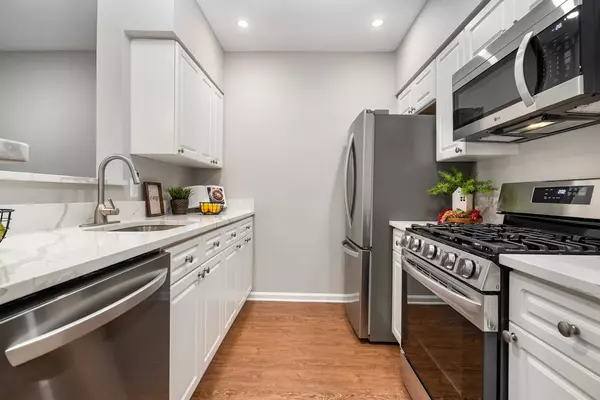
Is it better to buy now or wait?
Mortgage rates are still a hot topic – and for good reason. After the most recent jobs report came out weaker than expected, the bond market reacted almost instantly. And, as a result, in early August mortgage rates dropped to their lowest point so far this year (6.55%). While that may not sound lik

Is it a buyer’s or seller’s market?
Is it a Seller's or Buyer's Market in Fairfax, VA? Let's talk May 2025 trends! 🏡📊 The Fairfax and broader Northern Virginia real estate market is currently experiencing a transition towards more balanced conditions. While it's not a full-blown buyer's market yet, the scales are definitely shifting

Mortgage Rates: Is 3% Coming Back?
A lot of buyers are pressing pause on their plans these days, holding out hope that mortgage rates will come down – maybe even back to the historic-low 3% from a few years ago. But here’s the thing: those rates were never meant to last. They were a short-term response to a very specific moment in ti
Categories
Recent Posts











